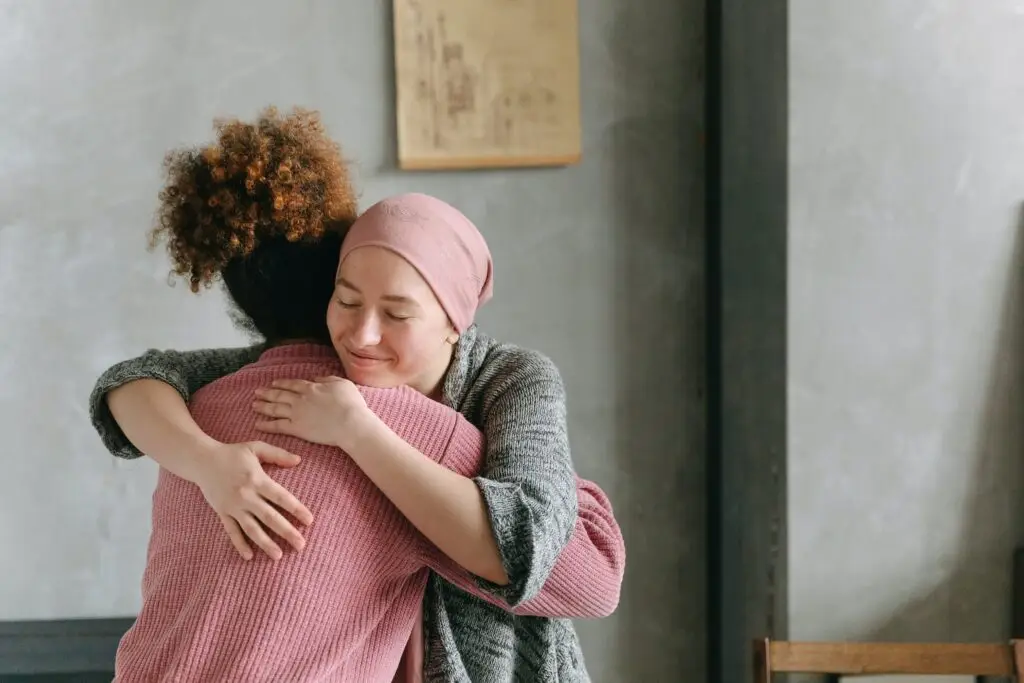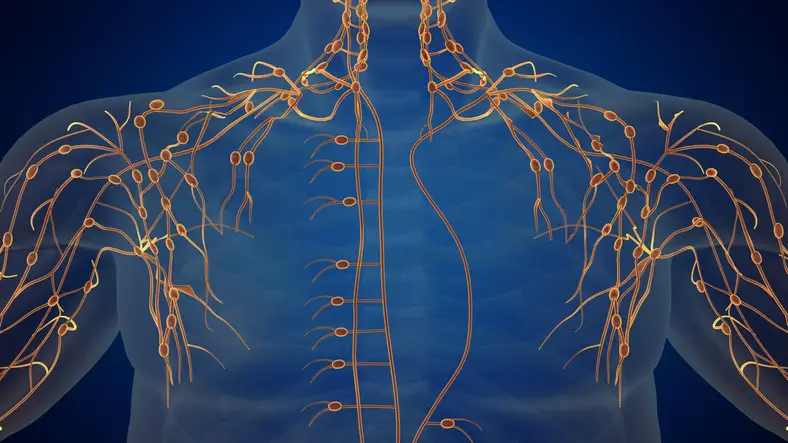As soon as the clock strikes midnight on October 1st, a wave of pink rushes in. Pink ribbons. Pink yogurt lids. Pink yoga mats. Pink everything.
No one likes cancer and most people have had someone they care about in their life be affected by a cancer diagnosis. Which is why when Breast Cancer Awareness Month arrives every October, countless consumers are eager to show their support by attending walkathons, sharing social media posts to spread awareness, and making purchases with brands that advertise they’ll donate proceeds of that sale to breast cancer charities or research.
What’s not to love about this month? A lot actually. Many breast cancer survivors have complicated feelings about Breast Cancer Awareness Month—and for good reason. Keep reading for some insight into why this month is problematic, even though it’s full of good intentions.
October Can Be Triggering for Survivors
Even once active treatment ends, breast cancer survivors can feel the effects of their breast cancer diagnosis and everything that came after—especially when it comes to stress, fear, and anxiety. Four straight weeks of reminders of their diagnosis can be very triggering. While some may find Breast Cancer Awareness Month to be an empowering time, others can be forced to recall traumatic moments from their past. Breast Cancer Awareness Month has a wide spread reach and when every form of media and major retailer is consumed by awareness and fundraising initiatives, it can be hard to avoid reminders of a painful time in their life that was most likely dominated by fear and uncertainty.Representation is Lacking
While it’s understandable that marketing campaigns designed to spread awareness of breast cancer, screening, and treatment options, take an optimistic approach, many breast cancer survivors feel isolated by these advertisements. This is especially true for those who have been diagnosed with metastatic Stage 4 breast cancer. A desire to remain positive often leads to excluding many metastatic patients from these important conversations. If part of the goal of Breast Cancer Awareness Month is to make survivors feel seen—this goal is falling short.October is Only 31 Days
For breast cancer survivors, breast cancer is top of mind 365 days a year, not just 31. There’s no denying that it’s important to spread awareness, but it’s also easy to see why some breast cancer survivors feel like an afterthought during the other 11 months of the year. Having support turn on and off like a light switch doesn’t sit well with many breast cancer survivors and increases the performative feel of Breast Cancer Awareness Month.Charitable Initiatives are Often Performative
Speaking of performative actions, the charity initiatives brands embrace during Breast Cancer Awareness Month are performative in many ways. A 2010 Cone Cause Evolution study found that 93% of consumers would switch to cause-supporting brands if presented with that option. Brands know that if they slap a sticker on the front of their product that says they’ll donate money to Breast Cancer causes, that customers are more likely to choose to buy their product over another similar option. Why not choose the one that will give money to a good cause? The issue here is that there are no rules surrounding disclosing how much of a sale is actually being donated and these brands can be quite misleading about their intentions. Often, they stand to gain a lot by advertising their products in conjunction with some sort of charitable initiative. Not to mention, some major Breast Cancer charities are known for not doing as much with the money they receive as they could (hint—check out some of their CEO’s salaries). It’s no wonder that breast cancer patients and survivors may have complicated feelings during Breast Cancer Awareness Month. This is just a reminder that, no matter what you are feeling this October, your feelings are valid and you aren’t alone.Personalized support for real care decisions
Understand your diagnosis, explore clinical trials, and track symptoms--all in one place.
Get started
Compare treatments, prepare for appointments, and track side effects—all in the app
Built for your diagnosis, Outcomes4Me gives you the tools to make confident, informed decisions—right when you need them.
Continue in app






